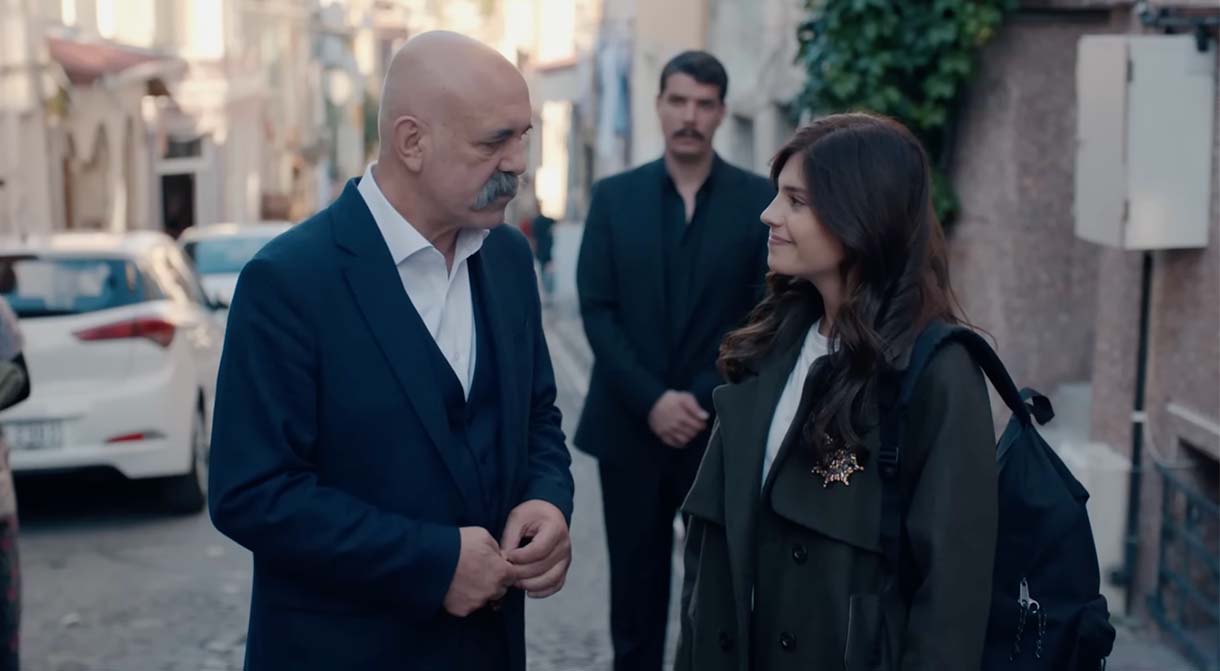The official language of Turkey is Turkish, which is part of the Turkic language family. Over 85% of the population speaks Turkish. And an estimated 70 million people speak Turkish as their first language.
There are several minority languages in the country. These include Kurdish, Arabic, Armenian and Laz. Sign language is also widely used by the deaf community. Turkish Sign Language (TİD) is officially recognized as a minority language and is used among people with hearing disabilities. It is estimated that around 250,000 people communicate in Turkish Sign Language (Ethnologue, 2021).
In addition, many people in Turkey also know German, French, Italian or Russian. This reflects its historical ties to Europe and Russia, as well as its close proximity to countries such as Germany and France.
The Turkic language family
The Turkic language family is a large group of related languages that are spoken mainly in Central Asia and the Caucasus, as well as in Turkey, Azerbaijan, Kazakhstan, Uzbekistan, Kyrgyzstan, and other countries. These languages derive from ancient Turko-Mongolian roots and share common characteristics.
Turkish is part of the wider Altaic language group, which also includes languages such as Mongolian and Japanese. Turkish grammar is quite similar to other Turkic languages, although there are some differences in vocabulary.
Turkey’s language reflects the various influences that have shaped its history over the years, making it an interesting study for linguists. With its long history of cultural exchange, Turkey definitely has something to offer anyone interested in exploring new languages and cultures.
Do Turkish people speak English?
Living in Istanbul, we’ve found that English speakers are not as common as we were lead to believe. You may have read that English is widely used in Istanbul, and that may be the case, but what isn’t taken into consideration is the level of English that is spoken. In tourist areas many shops and restaurants have at least some staff that know basic English but not everyone can talk about more complex topics.
It’s worth noting that Turkish people are very understanding and accommodating when it comes to communicating with English speakers, and even basic gestures and tools like Google Translate can go a long way in getting your message across.
Even though that’s our experience, English is increasingly being used as a second language in Turkey. The government has taken steps to increase the amount of English taught in schools in recent years. This has helped to further spread the language throughout the country.
Do Turkish people speak Arabic?
This is a common misconception among foreigners. While there are some words in Turkish that are of Arabic origin, the two languages are not closely related. The majority of the population does not speak Arabic as a native language. However, it is becoming common for Turkish people to learn Arabic as an additional language due to increasing interest in Middle Eastern culture and media.
Some cities in Turkey have large Arabic-speaking populations due to immigration. As a result, it is not uncommon to hear both Turkish and Arabic being spoken in certain parts of the country.
Is Turkish difficult to learn?
Turkish is a very different language than English, and it can take some time to get used to. The word order is different and the it uses many suffixes. As a plus, the grammar is relatively straightforward and the rules don’t change, which makes it easier than some other languages.
It’s helpful for English, Italian, Spanish and Indonesian speakers that Turkish uses the Latin alphabet – only a few letters are different.
Turkish can be an enjoyable language to learn. Many people find that the combination of unique sounds and interesting grammar makes it a fun challenge. Having said that, to become proficient in Turkish, you will have to dedicate a substantial amount of time and effort, just like with any other language.
Turkey is a multicultural country with a rich history. While there are some minority languages used by certain groups, Turkish is the official language and is spoken by most of the population. Many citizens also have knowledge of foreign languages such as German, French, Italian and Russian due to its historical ties to Europe and Russia.
To learn more about Turkish what better way is there than to travel to Turkey and experience the language for yourself!

I’m a writer and graphic designer currently living in Turkey with my family. I enjoy learning language, great food (chicken kebab is a favourite at the moment) and experiencing places less-traveled.




